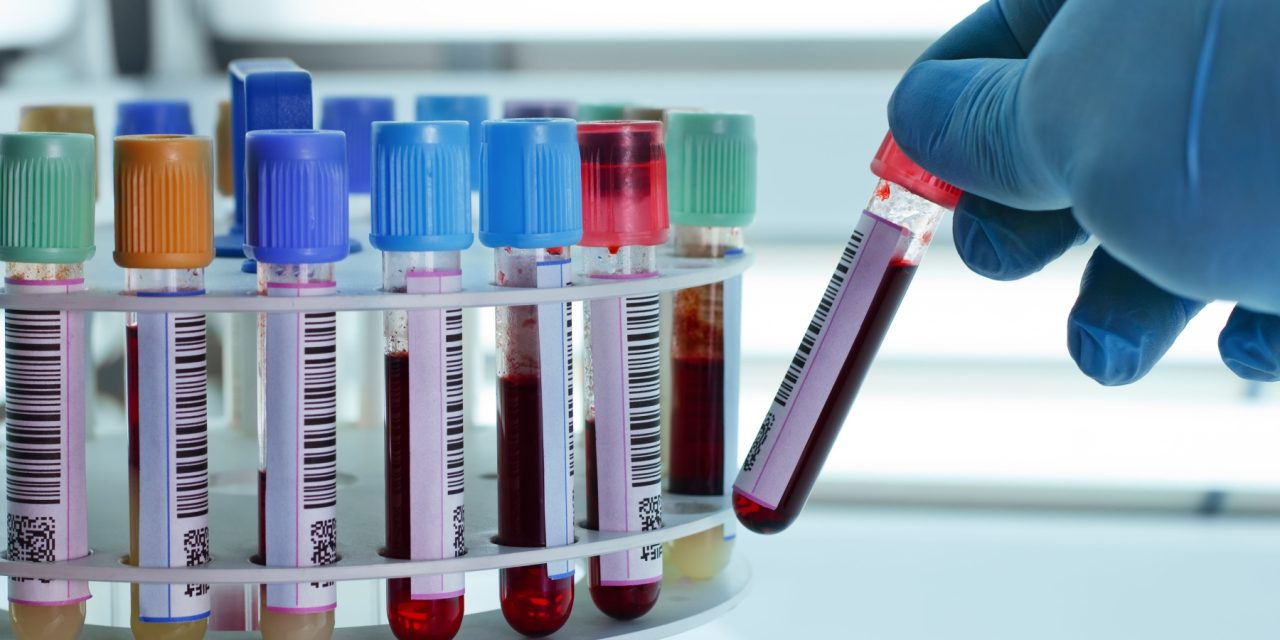The healthcare landscape is undergoing a significant transformation with the introduction of at-home blood testing, a groundbreaking approach that’s bringing medical diagnostics into the comfort of one’s living room. These tests offer a convenient and less invasive way for individuals to monitor various aspects of their health without setting foot in a clinic. With a range of tests available, from checking cholesterol levels to screening for certain diseases, at-home blood testing is empowering patients with vital health information.
Understanding At-Home Blood Testing: A New Era in Personal Health Management
At-home blood testing is a game-changer for people who prioritise their health but seek to minimise their time at medical facilities. These tests offer the convenience of taking samples in the privacy of one’s home, using kits that have been meticulously designed for ease of use. Whether you’re managing a chronic condition, tracking fertility, or simply keeping an eye on your overall well-being, the advent of personal health management is at your fingertips.
One of the main benefits of using these tests is the ability to obtain a broad picture of one’s health without waiting for a doctor’s appointment. This immediacy can lead to early detection of potential health issues, making preventative care more accessible than ever. Additionally, the discreet nature of at-home blood testing ensures privacy, which can be especially important for tests that might feel sensitive or personal.
The Convenience and Privacy of At-Home Blood Testing Kits
The modern age demands convenience in all aspects of life, including healthcare. At-home blood testing kits meet this demand head-on, offering a no-fuss approach to health monitoring. The avoidance of clinic appointments not only saves time but also reduces the stress associated with traditional blood tests.
Privacy concerns are another factor that has catapulted the popularity of home blood testing. Given the sensitive nature of health-related information, many people prefer to handle their medical inquiries away from the public eye. At-home blood testing offers a solution to this, granting the user complete control over their health information and who they choose to share it with.
In a society where individuals are increasingly taking charge of their health, being able to conduct a test discreetly offers peace of mind. The convenience and privacy provided by these kits represent a significant step towards a more personalised and discreet healthcare system.
How At-Home Blood Tests Work: From Collection to Results
The functionality of at-home blood tests is straightforward and user-friendly. Once a user has received their testing kit, clear instructions guide them through the process of collecting a blood sample. The kit typically includes all necessary materials, such as lancets to prick the skin, an alcohol wipe for sterilisation, and a collection device like a card or vial.
After the sample is collected, it is then securely packaged and sent to a certified laboratory for analysis. Utilising the same professional equipment found in traditional medical labs, these facilities analyse the sample and generate results. The turnaround time can vary, but most companies strive to offer a quick response, recognising that waiting for health results can be an anxiety-inducing experience.
The results are usually delivered electronically to the user, often through a secure portal or email, ensuring confidentiality. This digital transmission not only offers convenience but also allows for easy storage and tracking of one’s health data over time. The sophisticated algorithms and interpretation tools often provided with the test results can help individuals understand the implications for their health.
Assessing the Accuracy and Reliability of Home Blood Testing Devices
While the convenience of at-home blood testing is undeniable, potential users often question the accuracy and reliability of their results. Manufacturers of these kits and devices are held to rigorous standards, and many are reviewed by regulatory bodies to ensure they meet stringent quality control measures.
Nevertheless, the integrity of the sample collection process is vital to the test’s accuracy. Factors such as following the instructions correctly, the cleanliness of the collection area, and even the time of day can influence the results. Manufacturers continuously work to simplify the collection process and provide comprehensive guidance to mitigate these variances.
It should be noted, however, that while these tests are highly reliable, they are not infallible and should not replace professional medical advice. Users are encouraged to discuss abnormal results with a healthcare provider, who may recommend a more in-depth analysis or a different type of diagnostic test.
Altogether, the shift towards at-home blood testing represents a significant leap in how we manage our health daily. Offering a combination of privacy, convenience, and empowerment, these tests are more than just a novel healthcare trend; they’re a cornerstone of modern preventive medicine.










